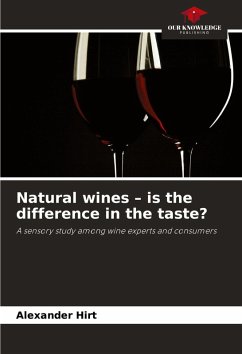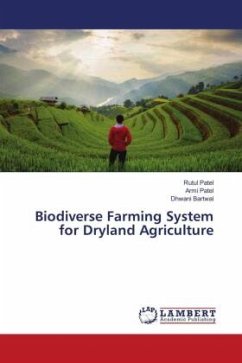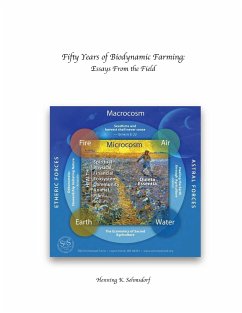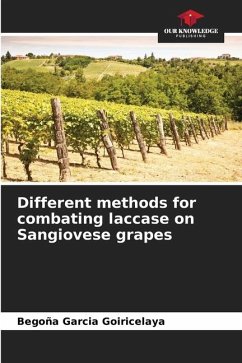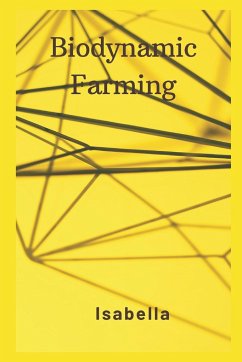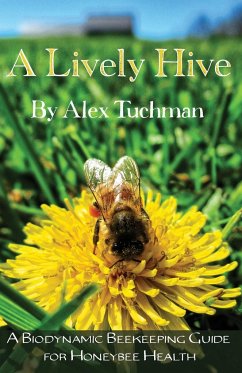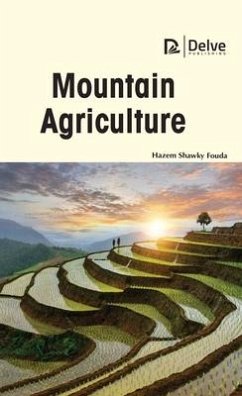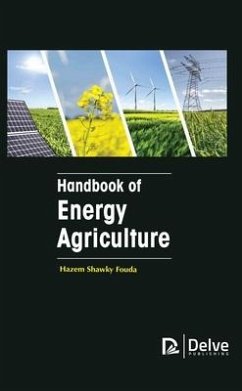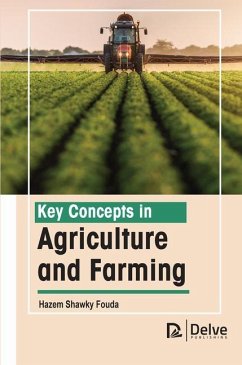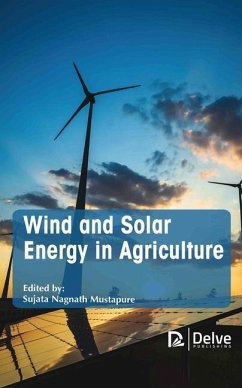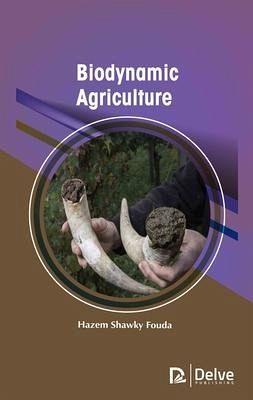
Biodynamic Agriculture

PAYBACK Punkte
79 °P sammeln!
Biodynamic farming is a pioneering farming technique invented by Dr. Rudolph Steiner in the 1920s. It was created to deal with the emerging problems of soil erosion during that time. This volume provides a full range of activities covered by biodynamic agriculture. Some of the chapters mentioned include chapter 1: principles and practices of biodynamic agriculture, chapter 2: history of biodynamic agriculture, chapter 3: the difference between organic and biodynamic agriculture, chapter 4: biodynamic compost preparation, chapter 5: biodynamics in weed, pest and disease control, chapter 6: bene...
Biodynamic farming is a pioneering farming technique invented by Dr. Rudolph Steiner in the 1920s. It was created to deal with the emerging problems of soil erosion during that time. This volume provides a full range of activities covered by biodynamic agriculture. Some of the chapters mentioned include chapter 1: principles and practices of biodynamic agriculture, chapter 2: history of biodynamic agriculture, chapter 3: the difference between organic and biodynamic agriculture, chapter 4: biodynamic compost preparation, chapter 5: biodynamics in weed, pest and disease control, chapter 6: benefits of biodynamic farming, chapter 7: biological farming practices and, chapter 8: the main problems faced by small biodynamic farmers among others. The volume describes biodynamic agriculture as a comprehensive, ethical, and natural way of dealing with food shortages. This process does not include the use synthetic pesticides and fertilizers, but chooses to use something extraordinary: organic preparations. These consist of absolutely natural compounds found within the farm itself. The volume suggests that the application of these preparations should follow a strict schedule to merge the planting season, lunar calendar and astrological cycle. The volume defines sustainability and evaluates sustainable biodynamic agriculture as it relates to the description. It investigates the effect of organic manure on soil quality, and assesses whether biodynamic agriculture is feasible as a sustainable farming practice.




